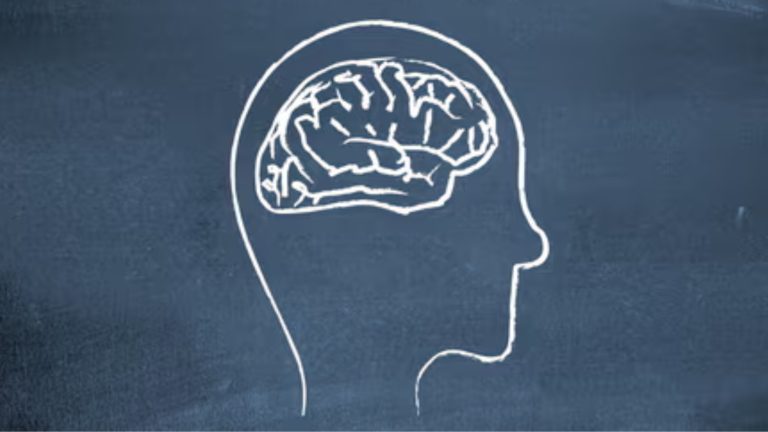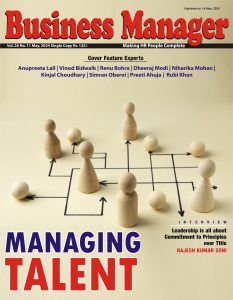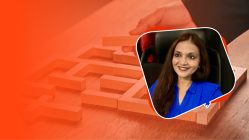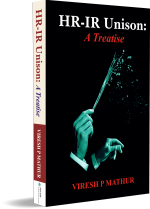Human life is simultaneously very brief and very long. It is very brief when you see it in the context of the number of millions of years that life has been on this planet. It is long if one alters the vantage point of vision and sees how life has grown on this planet from the basic self-generating stage to its present form of homo sapiens.
The homo sapiens begins learning from the womb stage and graduates to different stages through different stages of life. It finally begins withering away sometime after 50 years from birth and after he starts approaching 100 years. The Sanskrit Sukti (the good saying) has it “Jeeve Mae SharadahShatam” (May I live for 100 years). In other words, the cutoff is 100 years for human life, even, at the aspirational level.
Adulthood is broadly supposed to begin between 18 to 21 years. The pre-adulthood stage is generally taken to be a preparation for life, hence it is used for intensive learning, education and more. One generally is taken care of by the family and one is financially dependent upon them. It is understood and...




























